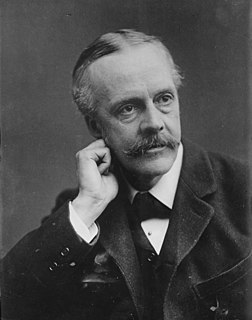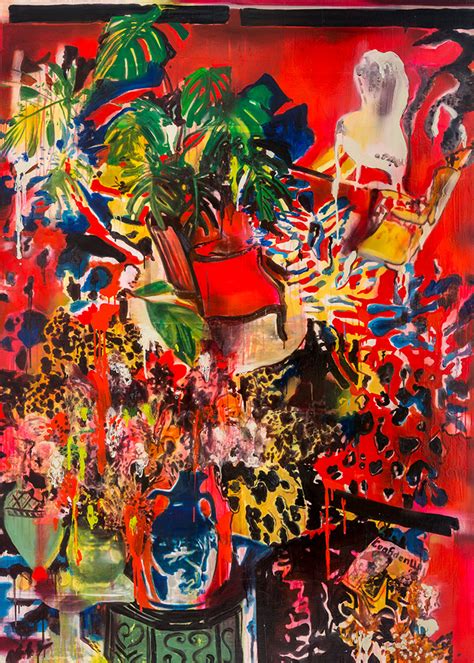A Quote by Natalie Clifford Barney
At first, when an idea, a poem, or the desire to write takes hold of you, work is a pleasure, a delight, and your enthusiasm knows no bounds. But later on you work with difficulty, doggedly, desperately. For once you have committed yourself to a particular work, inspiration changes its form and becomes an obsession, like a love-affair… which haunts you night and day! Once at grips with a work, we must master it completely before we can recover our idleness.
Related Quotes
Once you explore life outside of work, it becomes addictive. The less you work, the less you want to work. At first, the odd afternoon off seems like a fantastic luxury. Before long, you are opting for a four-day week. Then a four-day week becomes an intolerable demand on your time, so you find a way of moving to a three-day week.
In effort Happiness idleness life pleasure superstition support trouble work The superstition that all our hours of work are a minus quantity in the happiness of life, and all the hours of idleness are plus ones, is a most ludicrous and pernicious doctrine, and its greatest support comes from our not taking sufficient trouble, not making a real effort, to make work as near pleasure as it can be.
I was recently asked what it takes to become a writer. Three things, I answered: first, one must cultivate incompetence at almost every other form of profitable work. This must be accompanied, second, by a haughty contempt for all the forms of work that one has established one cannot do. To these two must be joined, third, the nuttiness to believe that other people can be made to care about your opinions and views and be charmed by the way you state them. Incompetence, contempt, lunacy—once you have these in place, you are set to go.
My process of working is not really that unique. I like to paint during the day, and block out large chunks of time with which to work. I prefer to work on a painting in a few swift passes, and not fuss over it. I think that the work needs to have an energy to it that can't be accomplished if one is adding a few strokes everyday. Once a piece is done, I don't work on it anymore. I hate fussy.
Lucky accidents seldom happen to writers who don't work. You will find that you may rewrite and rewrite a poem and it never seems quite right. Then a much better poem may come rather fast and you wonder why you bothered with all that work on the earlier poem. Actually, the hard work you do on one poem is put in on all poems. The hard work on the first poem is responsible for the sudden ease of the second. If you just sit around waiting for the easy ones, nothing will come. Get to work.
I would have to say that first preseason game. Just to put the pads on as an NFL player for the first time. It's a humbling experience because you realize that you are here and now you have an opportunity to go to work and continue to better yourself as a player. It's what you work for as an athlete and you know once you get there the real work begins.
Once I start work on a project, I don’t stop and I don’t slow down unless I absolutely have to. If I don’t write every day, the characters begin to stale off in my mind – they begin to seem like characters instead of real people. The tale’s narrative cutting edge starts to rust and I begin to lose my hold on the story’s plot and pace. Worst of all, the excitement of spinning something new begins to fade. The work starts to feel like work, and for most writers that is the smooch of death.
Most poor people are not on welfare. . . I know they work. I'm a witness. They catch the early bus. They work every day. They raise other people's children. They work every day. They clean the streets. They work every day. They drive vans with cabs. They work every day. They change beds you slept in these hotels last night and can't get a union contract. They work every day . . .






































